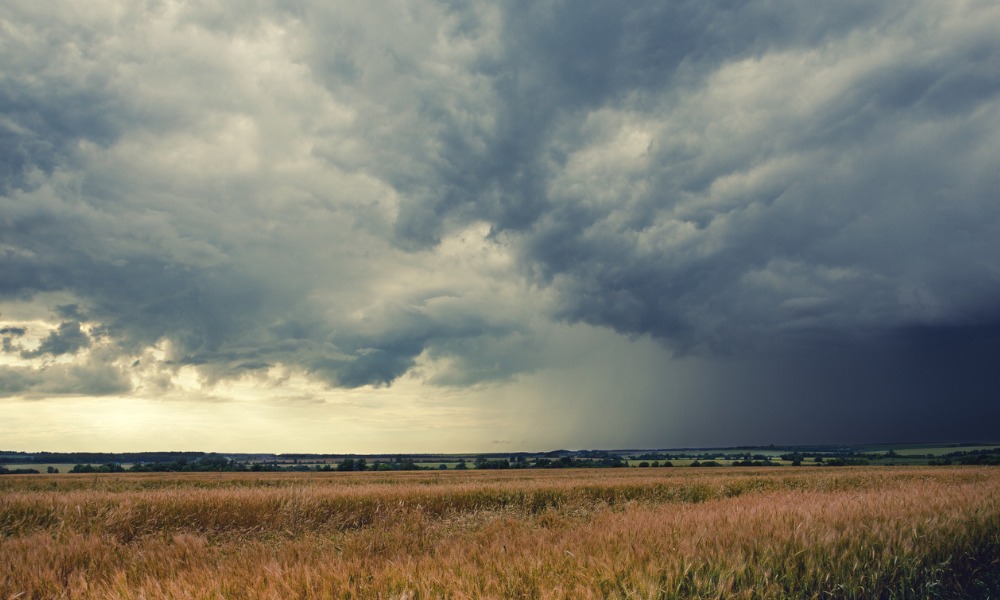Residents on Stannus Street in Windsor, NS, face recurring floods, mental health challenges, and frustration

Last week, Jennifer Moore was helping a neighbour on flood-prone Stannus Street in Windsor, NS, when she fell face-first into waist-deep brown water in her driveway, according to The Canadian Press.
Describing the experience as “terrifying,” Moore prepared to get hepatitis and tetanus shots at a local clinic. She expressed uncertainty about whether her symptoms, such as headaches, nausea, and diarrhea, were due to stress or physical exposure to the recent climate disaster in her town.
Psychologists have noted a troubling increase in mental health issues and trauma linked to the rising frequency of flooding and other climate-related disasters nationwide. Over the past decade, various studies have documented these effects.
For example, three years after an August 2014 downpour in Burlington, Ont., which saw 196 millimetres of rain flood 3,500 homes, the Intact Centre on Climate Adaptation at the University of Waterloo conducted a psychological impact survey.
The survey revealed that 48 percent of around 500 disaster victims experienced maximum mental stress during subsequent major storms.
Moore, who bought her property in 2009, has used an industrial-sized pump to remove 1.2 to 1.5 metres of sewage water from her basement three times since 2021.
She described each weather alert as “very, very emotional” and “panic-inducing,” prompting her to rearrange her schedule and cancel vacations to ensure her home isn't left unattended.
Moore copes with her distress by creating checklists to keep her home safe, often feeling “completely numb.”
Stefania Maggi, a psychology professor at Carleton University, explained that extreme weather events like floods, fires, and heat waves can have lasting emotional impacts. She noted that the overwhelming nature of climate change can lead to feelings of powerlessness.
Theodore Cosco, an associate professor at Simon Fraser University's gerontology department, added that repeated exposure to extreme weather can cause both immediate and long-term mental health issues, such as post-traumatic stress disorder and generalized anxiety about future disasters.
Maggi emphasized that the anxiety and stress from climate-related events can lead to sleep disturbances, nervousness, and changes in mood and appetite. These effects are usually short-term but can sometimes last for weeks or months.
Amanda Dunfield, Moore's neighbour, shared that after more than 250 millimetres of rain fell in July 2023, her family evacuated, piling smaller furniture on top of larger pieces and tying up drapes. Last week, with over 100 mm of rain, she again found herself in response mode.
Despite spending thousands on home upgrades, Dunfield's house continues to flood. She expressed frustration with municipal and provincial leaders' slow response to infrastructure repairs and low offers to buy their homes, making moving impractical.
The municipality of West Hants is studying how to separate the area's water systems to handle sanitary sewage and stormwater separately. Mayor Abraham Zebian acknowledged the complexity of the solution, noting that it won't be resolved overnight.
As officials work on solutions, Dunfield and her neighbours grapple with loss and frustration. She described experiencing grief and exhaustion after dealing with the aftermath of flooding, sometimes feeling overwhelmed and breaking down.



